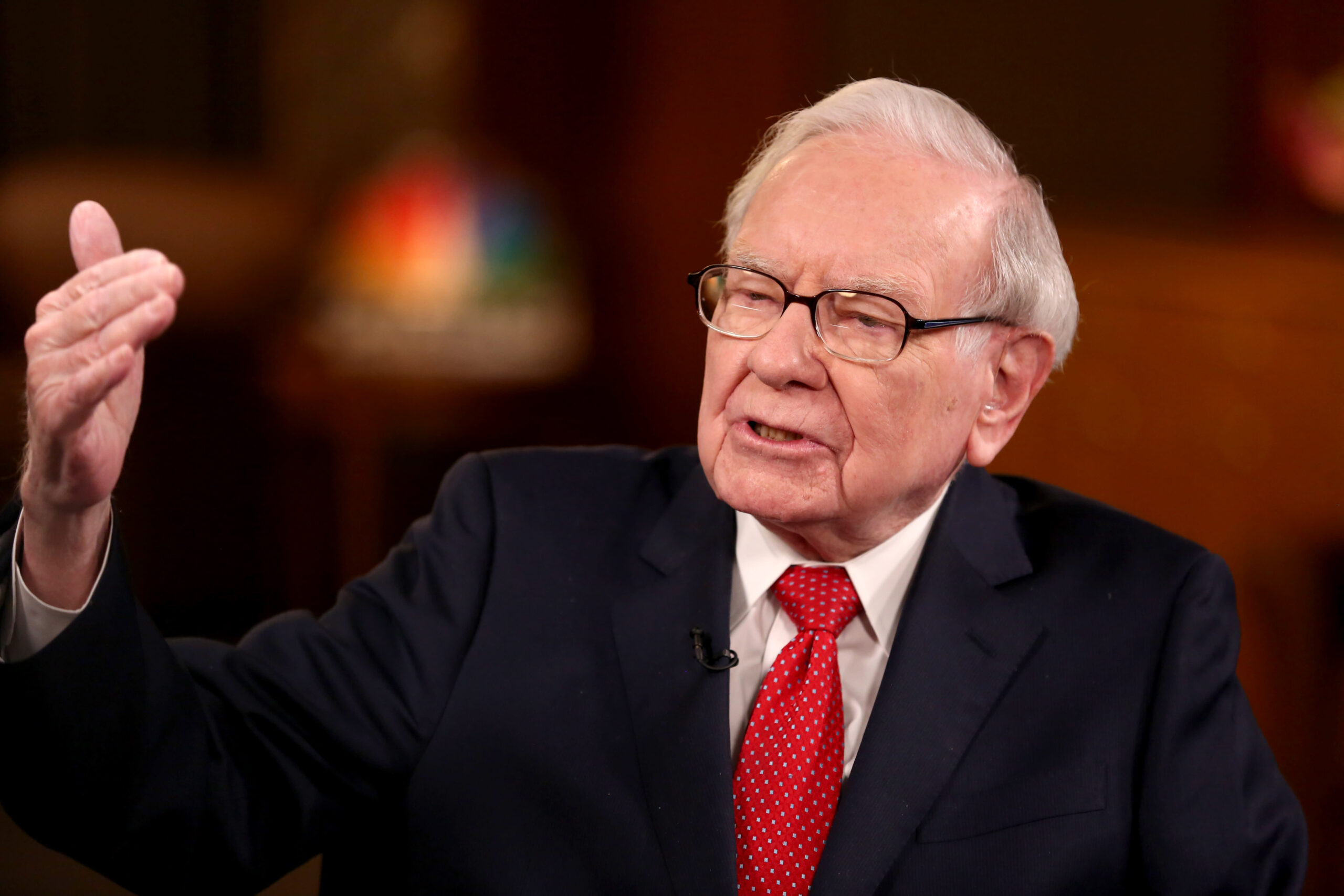Seoul: Bank of Korea (BoK) governor Rhee Chang-yong called for a balanced approach in considering the timing of a policy pivot, another sign that the central bank is moving toward easing its restrictive interest rate later this year as inflation continues to cool.
“Shifting the policy stance too late could lead to market instability due to a weakening of domestic demand recovery and continued rising delinquency rates,” Rhee said in a speech marking the BoK’s founding anniversary. “Conversely, shifting policy too early could slow the pace of inflation deceleration and increase exchange rate volatility and household-debt growth.”
“As we enter the final stretch of the fight against inflation, a delicate and balanced judgement is needed that takes into account these trade-offs,” he said, according to a transcript released yesterday by his office.
Rhee kept speculation over a policy pivot simmering last month when he highlighted a steady outlook for inflation even as the bank revised its forecast for economic growth sharply higher. He attributed fresh gains in economic growth largely to technology exports that had little impact on domestic prices.
Rhee cited a Latin expression from ancient Rome that means “slow haste” to convey his vision.
“It may be time to revisit the principle of Festina Lente, a principle that the Roman Emperor Augustus put at the forefront of policy making,” he said.
Most economists expect the bank to cut rates once or twice by year-end. A cut may come as early as August, some economists said.
One factor supporting an early move is a potential sign of weakness in the labour market. South Korea last month recorded the smallest year-on-year increase in jobs since early 2021, according to government statistics released yesterdat. That’s a sign the jobs market may be losing steam.
Still, authorities are seeking more confidence that inflationary pressure will ease as expected and they remain wary of a resurgence in household debt, according to the minutes of their meeting in May, when they voted to hold the benchmark rate at 3.5%.
Rhee added in the speech that efforts to tamp down household debt should continue even though recent revisions to gross domestic product data lowered debt ratios. After the BoK said last week that South Korea’s economy was 7% bigger in 2023 than previously estimated, the ratio of household debt to gross domestic product was recalculated to 93.5% from 100.4% by the Finance Ministry.
The BoK’s next policy announcement will come on July 11. — Bloomberg


